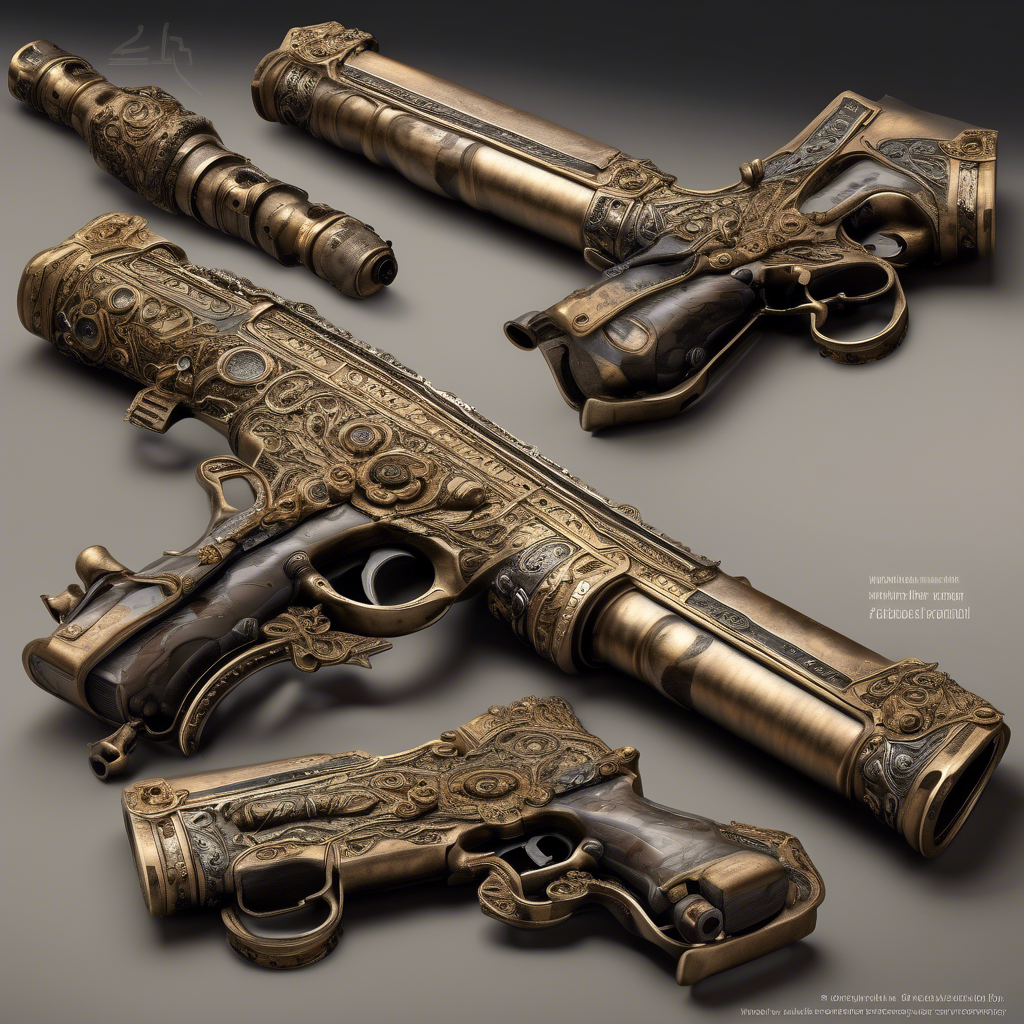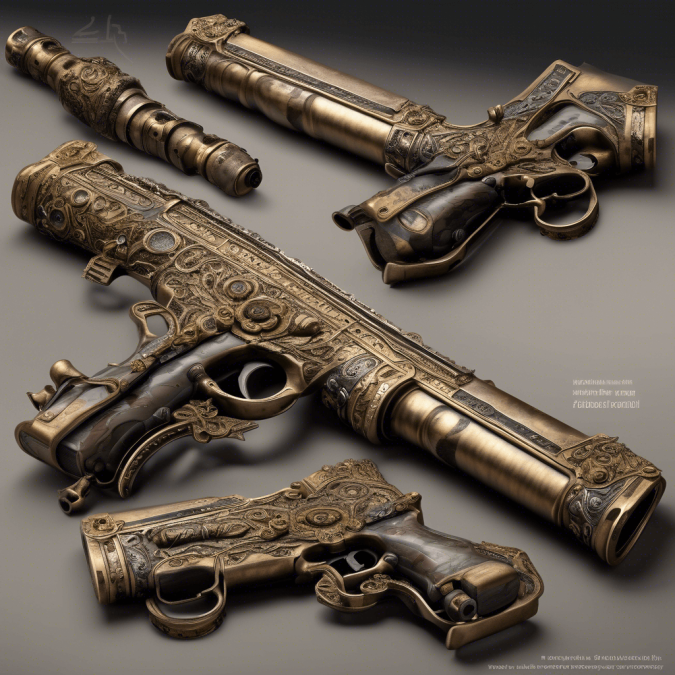
The invention of the gun is a significant event in human history that has had a profound impact on societies around the world. The evolution of firearms can be traced back to ancient civilizations in various regions, including Europe, the Middle East, Asia, and Africa. The development of firearms has played a crucial role in shaping the course of history, revolutionizing warfare, and changing the way nations are governed.
The history of guns dates back to the 13th century, with the invention of gunpowder in China. The Chinese were the first to discover the explosive properties of a mixture of sulfur, charcoal, and potassium nitrate, known as gunpowder. This discovery revolutionized warfare, as it provided a new method of launching projectiles with significant force.
The use of gunpowder quickly spread to the Middle East, where early firearms such as hand cannons and matchlock muskets were developed. These primitive firearms were used in battles and sieges, making warfare more deadly and destructive than ever before. The introduction of guns changed the dynamics of warfare, shifting the balance of power between different factions and empires.
In Europe, the development of firearms accelerated during the Renaissance period, with the invention of more advanced weapons such as arquebuses, muskets, and rifles. These firearms were used by European armies in conflicts such as the Hundred Years’ War and the Thirty Years’ War, leading to significant changes in military tactics and strategies.
One of the key figures in the history of gun invention is Leonardo da Vinci, who designed various types of weapons and devices, including a prototype for a machine gun. Da Vinci’s designs and drawings laid the foundation for the development of modern firearms, influencing future inventors and engineers.
The impact of guns on human life has been both positive and negative. On the one hand, firearms have been used for self-defense, hunting, and law enforcement, providing individuals with a means to protect themselves and their loved ones. On the other hand, guns have also been used for violence, crime, and warfare, leading to countless deaths and injuries.
The invention of guns has also had a significant impact on the animal kingdom. Firearms have been used in hunting and wildlife management, helping to control populations of certain species and protect endangered animals. However, the misuse of guns has also led to the illegal poaching of animals and the destruction of ecosystems.
Before the invention of guns, warfare was largely fought with swords, spears, and bows and arrows. The introduction of firearms changed the nature of combat, making battles more lethal and unpredictable. The use of guns in warfare led to the rise of professional armies, the decline of feudal knights, and the centralization of power in the hands of monarchs and governments.
The inventor of the gun is often credited to be Berthold Schwartz, a German monk who lived in the 14th century. Schwartz is believed to have developed the first handheld gun, known as the arquebus, which was used in battles during the late Middle Ages. The invention of the arquebus marked the beginning of a new era in military technology, paving the way for the development of more sophisticated firearms in the centuries that followed.
The impact of gunpowder guns on world history cannot be understated. The invention of firearms changed the balance of power between nations, allowing smaller armies to defeat larger forces and conquer vast territories. Guns have been used in wars of conquest, colonization, and resistance, shaping the destinies of entire continents and peoples.
In conclusion, the invention of the gun has had a lasting impact on human societies, animals, and the environment. Firearms have revolutionized warfare, transformed governments, and changed the course of history in ways that continue to shape our world today. The story of the discovery and development of guns is a testament to human ingenuity, ambition, and the relentless pursuit of power and progress.
